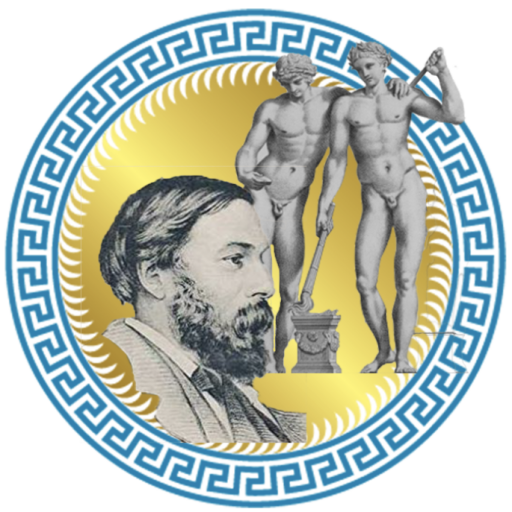Category: Student Blog
Symonds and Sculpture: A Sexual Awakening
 Jenna Bellantoni
Jenna BellantoniFrom John Addington Symonds’ body of work, it seems clear that Greco-Roman art and literature had a significant influence on his intellectual and sexual development. In his memoirs he describes the books in his childhood home that were influential in his personal and intellectual life. Sculpture specifically played a significant role in Symonds adolescence, as … Continue reading Symonds and Sculpture: A Sexual Awakening
The Epic Love Story of Patroclus and Achilles
 Emma Roalsvig
Emma Roalsvig
As a well-educated English literary man, John Addington Symonds had read the ancient Homeric epics in school by an early age, and it was from these stories that Symonds first learned ideas of Greek masculine love. In Homer’s Iliad, military brotherhood is an intense bond. It is only when Patroclus dies that Achilles overcome his … Continue reading The Epic Love Story of Patroclus and Achilles
Symonds’ Self-Revelation in Plato’s Ideal Masculine Greek Love
 Emma Roalsvig
Emma Roalsvig
When he began to read in his youth, John Addington Symonds was mentally precocious and aware of the amorous subtleties of Greek literature; he was particularly attracted to certain male figures, like the Adonis of Shakespeare’s poems, Hermes in Homer, and the Praxitelean Cupid (Memoirs 118). In adolescence, he enjoyed sleeping visions of beautiful young men … Continue reading Symonds’ Self-Revelation in Plato’s Ideal Masculine Greek Love
In the Heart’s Ear: Symonds and Theognis
Joon Yoon
The poems of Theognis, as we know them today, could be considered a misnomer for the work. The collection under his name is collected from a variety of sources, some of which Symonds notes in his introduction to them in A Problem in Greek Ethics, like Solon. There is much ambiguity about which poems Theognis authored, and … Continue reading In the Heart’s Ear: Symonds and Theognis
The Companionship of Achilles and Patroclus: Homer in A Problem in Greek Ethics
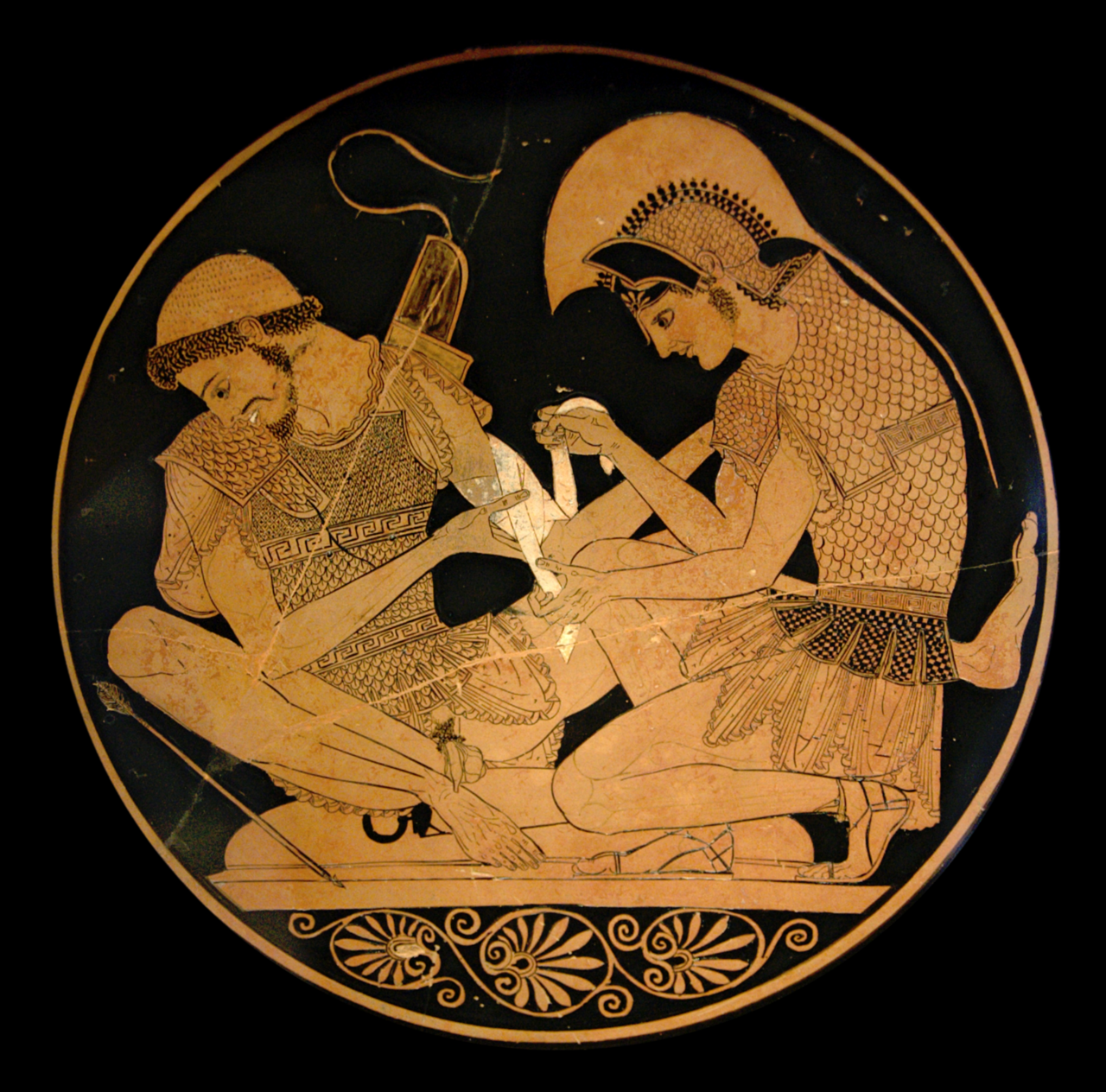 Isabel Lardner
Isabel Lardner
As a well-educated nineteenth-century English man, John Addington Symonds read the ancient Homeric epics at an early age. In addition to the aid works like these provided in students Latin and Greek like Symonds, they seem to have contained the terms and ideas that ultimately led him to write A Problem in Greek Ethics. Symonds references … Continue reading The Companionship of Achilles and Patroclus: Homer in A Problem in Greek Ethics
Between the Lines: Xenophon
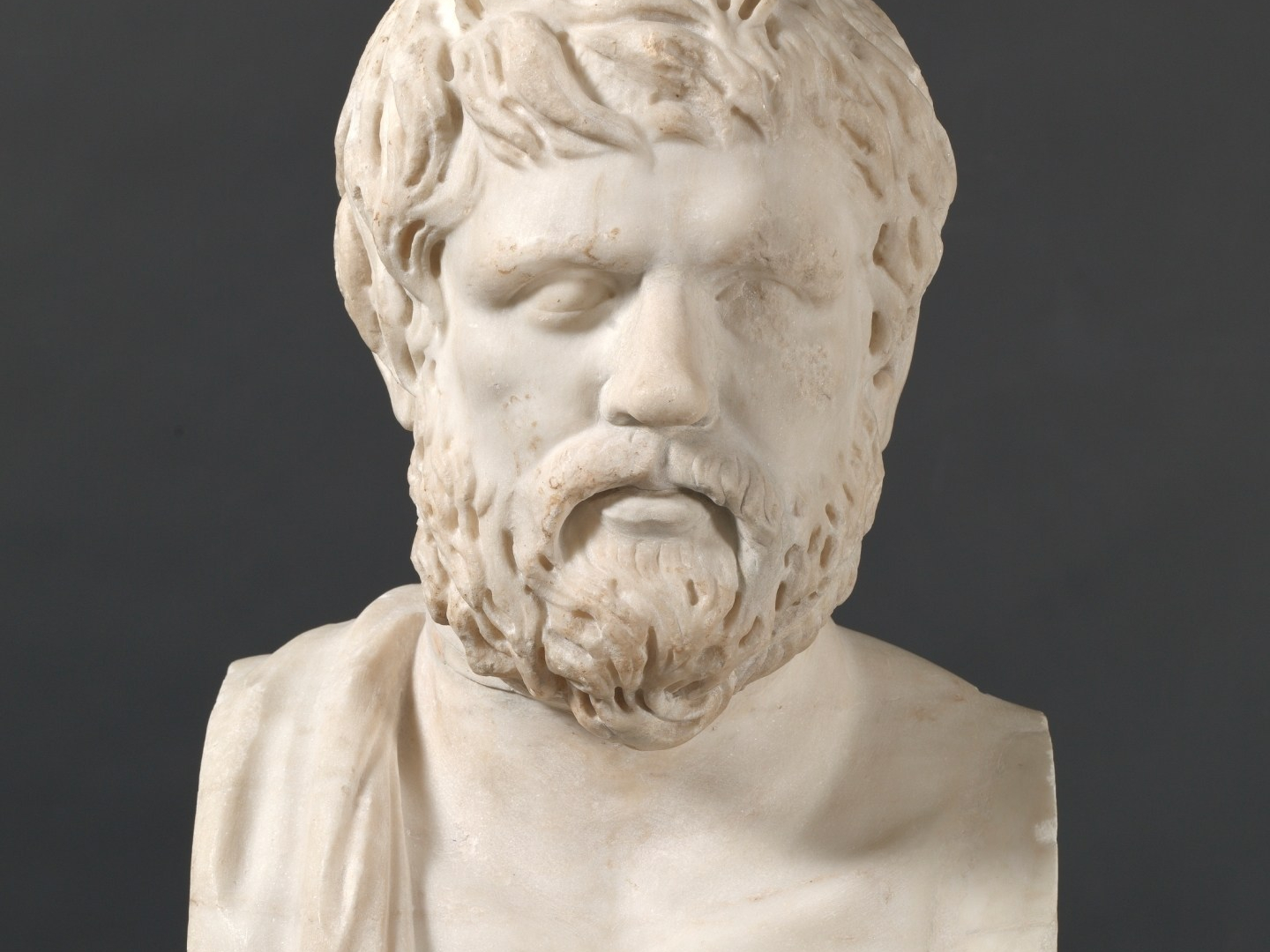 Charles J. Linton
Charles J. Linton
The works of Xenophon are prominent in “A Problem in Greek Ethics,” which is surprising given his complete absence from the Memoirs of John Addington Symonds. In addition to providing vital evidence within what is arguably now Symonds’ most iconic contribution to queer scholarship, Xenophon also seems to function as a kind of vehicle for … Continue reading Between the Lines: Xenophon
Aeschylus: The Father of Tragedy
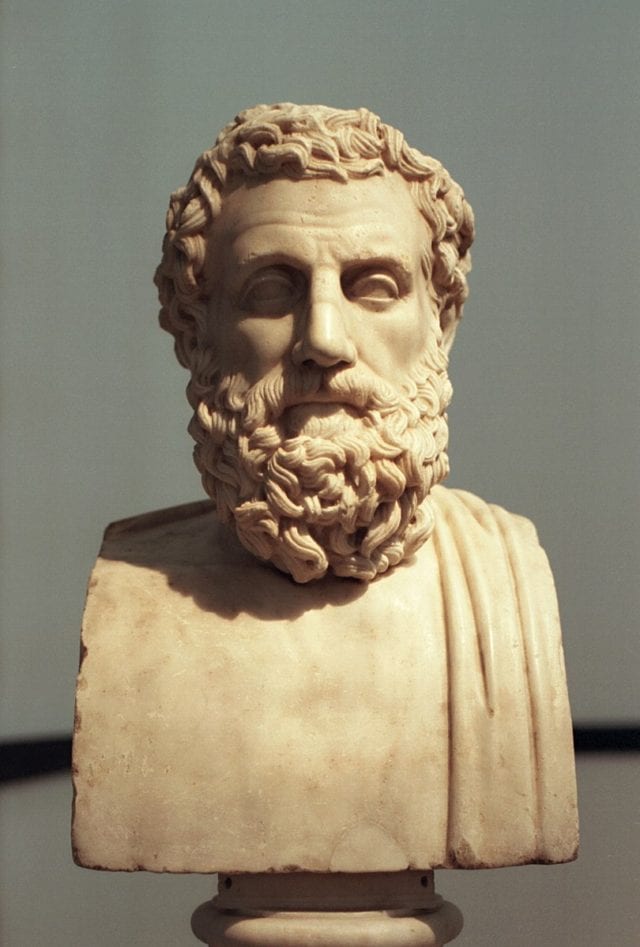 Ellen Harty
Ellen Harty
Often dubbed the “Father of Tragedy”, Aeschylus wrote some of the most well-known Greek plays that survive from the ancient world, including the Oresteia and the Persians. Over the course of his life from 523 BCE to 456 BCE, Aeschylus wrote numerous plays about a variety of subjects and changed the way that theater was … Continue reading Aeschylus: The Father of Tragedy
Lucian: From Satires to Symonds
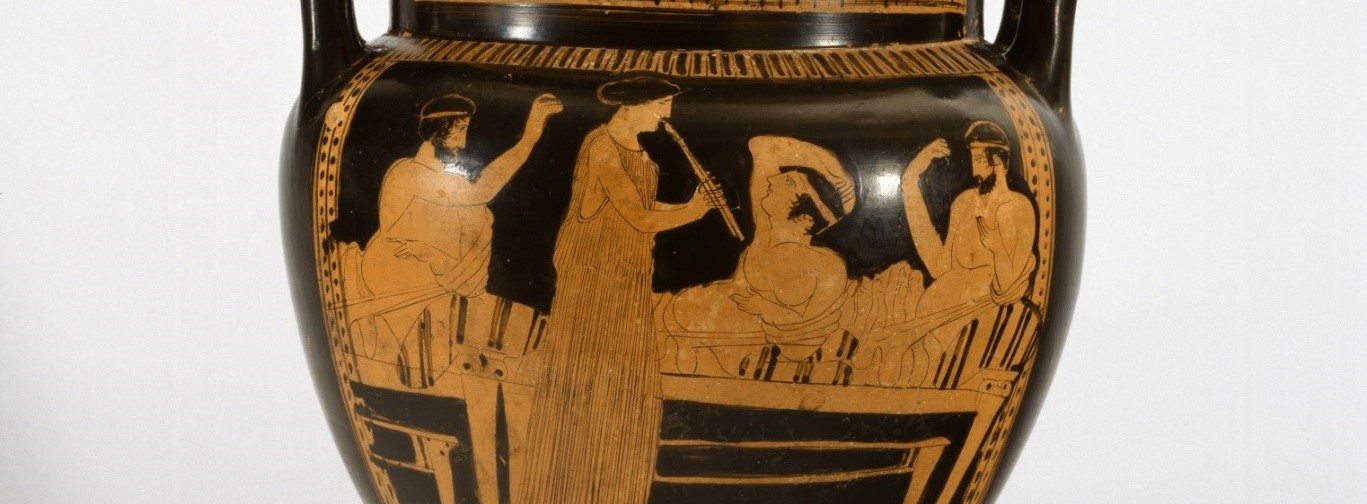 Pierre Miller
Pierre Miller
John Addington Symonds frequently cites Lucian, a prolific author from the 1st century A.D (see biography below). According to his Memoirs, he first read the “erotic dialogues” of Lucian as an adolescent at the family residence of Clifton. This is the only mention of Lucian within the Memoirs. I will analyze the influence of Lucian … Continue reading Lucian: From Satires to Symonds
